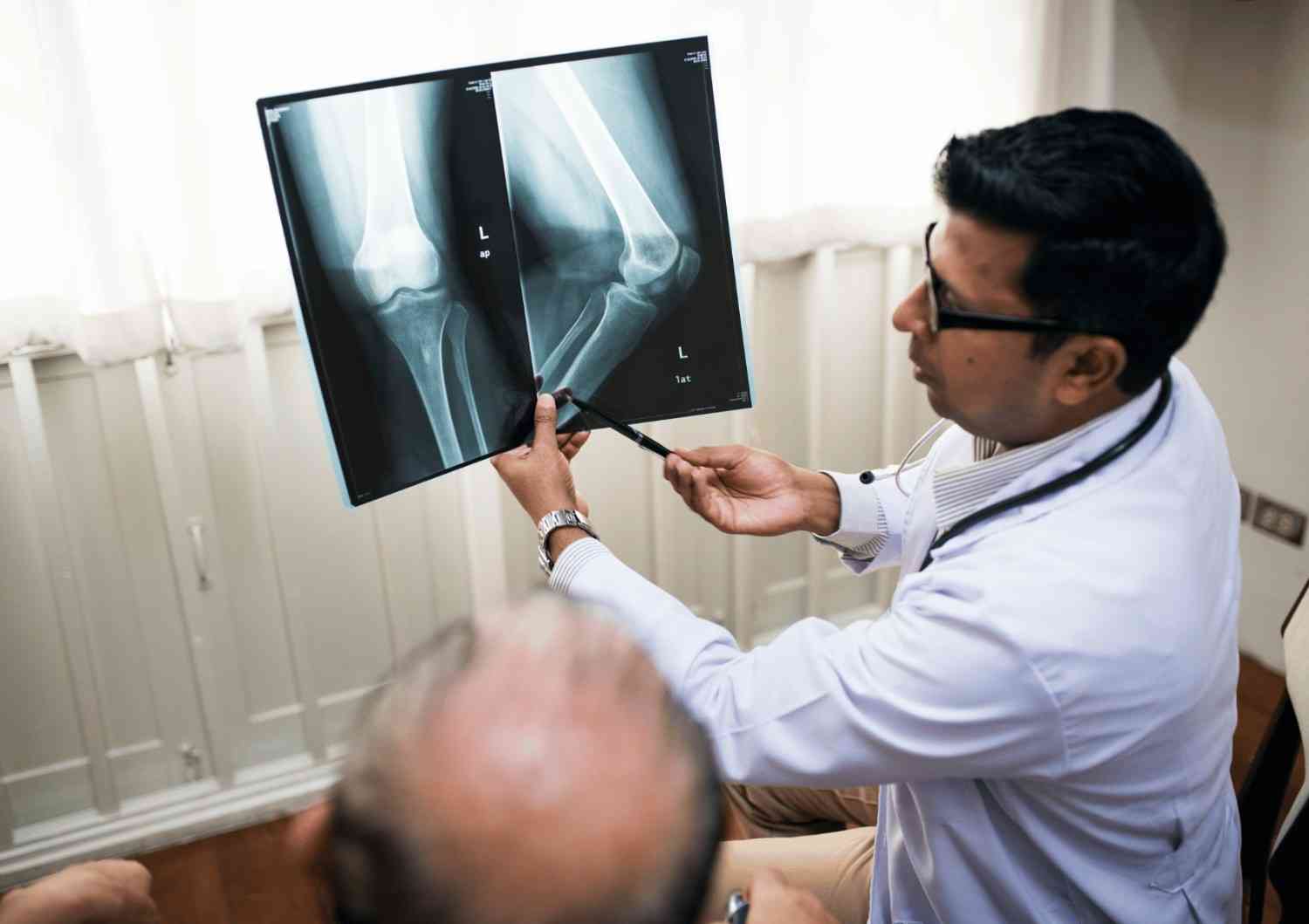The Role of Genetic Testing in Pregnancy: Screening for Genetic Disorders
February 11, 2025
Pregnancy is a beautiful journey, but it also comes with its share of concerns and questions. One of the most important steps you can take during your pregnancy is to ensure that your baby’s health is on track. One way to do this is through genetic testing in pregnancy. Genetic testing helps screen for potential genetic disorders that could affect your baby’s health. In this blog, we’ll discuss the role of genetic testing in pregnancy, its benefits, and how screening for genetic disorders can give you peace of mind. It also helps you make the right decision at the right time, including deciding whether to continue the pregnancy or choose to abort if a serious genetic condition is detected.
What is genetic testing in pregnancy?
Genetic testing in pregnancy involves a series of tests that help detect certain genetic conditions or abnormalities in the baby. These tests examine the DNA to check for conditions such as Down syndrome, cystic fibrosis, or other inherited disorders. There are two main types of genetic tests that can be done during pregnancy:
- Screening Tests: These tests give an estimate of the risk of the baby having a certain genetic disorder.
- Diagnostic Tests: These tests can confirm whether a baby has a specific genetic disorder.
Both types of tests provide valuable information, helping expectant parents make informed decisions about their pregnancy.
Screening for Genetic Disorders in Pregnancy
- First-Trimester Screening: A blood test and ultrasound measure proteins in the mother's blood and check the baby’s neck area for signs of Down syndrome.
- Second-Trimester Screening: A blood test checks for conditions like neural tube defects or Down syndrome by measuring specific substances in the mother's blood.
- Non-Invasive: These tests are safe and carry no risk to the baby, but they only provide an estimated risk, not a confirmation of a genetic disorder.
Benefits of Genetic Testing in Pregnancy
Genetic testing provides a range of benefits to expectant parents. Here are some key advantages:
- Early Detection: Genetic testing helps identify potential genetic disorders early in pregnancy, allowing parents to be better prepared.
- Informed Decision-Making: By knowing the risks, parents can make informed decisions about their pregnancy, including exploring options for further diagnostic testing or treatments.
- Peace of Mind: For many parents, knowing whether their baby is at risk for certain conditions can offer peace of mind. If the results show no signs of genetic disorders, it can help reduce stress during the pregnancy.
- Guiding Medical Care: If a genetic disorder is detected, it allows healthcare providers to plan appropriate care and interventions for both the baby and the mother.
- Preparation for the Future: Genetic testing can give parents a better understanding of potential challenges they may face, helping them prepare emotionally and financially for their baby’s needs.
When Should You Consider Genetic Testing in Pregnancy?
Genetic testing is typically offered to women who may be at higher risk of having a baby with a genetic disorder. These factors can include:
- Being over the age of 35
- Having a family history of genetic disorders
- Having a previous pregnancy with a genetic condition
- Being a carrier of certain genetic conditions
However, even if you are not at high risk, genetic testing in pregnancy can still be an option to consider for any expectant mother who wants to gather more information about their baby’s health.
Conclusion
Genetic testing in pregnancy plays a vital role in screening for genetic disorders, providing valuable information for expectant parents. It offers early detection, peace of mind, and the opportunity to make informed decisions about the pregnancy. At Sri Sai Hospital, we offer expert counselling and testing services to help guide you through this important process. If you have any concerns or would like more information, don’t hesitate to contact us. We’re here to help ensure the health and well-being of both you and your baby.






